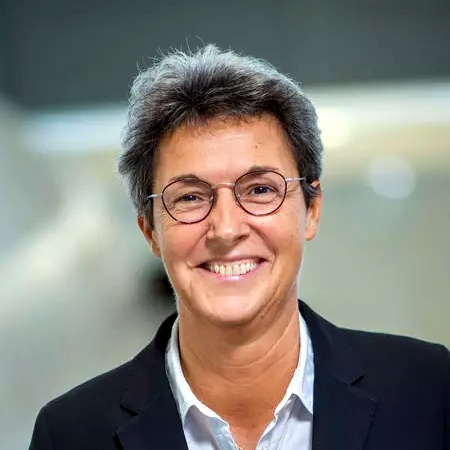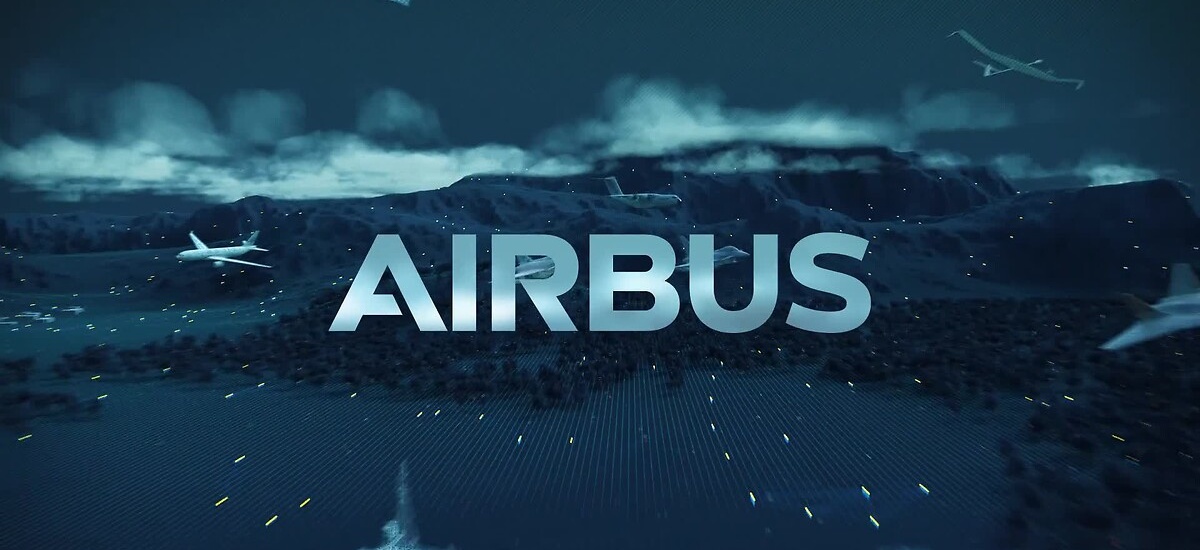What is the role that Airbus has been playing as part of the main EU research & innovation programmes?
We at Airbus are very active in the main EU research and innovation programmes. Our involvement is strong in Horizon Europe, Digital Europe and, of course, in the Clean Aviation Joint Undertaking—the European Union’s leading research and innovation programme for transforming aviation towards a sustainable future—and in the Single European Sky Joint Undertaking—focused on accelerating through research and innovation the delivery of an inclusive, resilient and sustainable digital European sky. These strategic JUs are fundamental to our sector’s safety and environmental roadmap.
How do you understand the concept of Technological Sovereignty from a European perspective, and what role do you expect open source to play in that?
Our aerospace and defence ecosystem is actively tackling two objectives: deliver an ambitious aviation sustainability roadmap and bring a key contribution to the EU’s peace and security priorities—notably through defence and space activities. This relies deeply upon the increased use of dual digital technologies and solutions, including at the Cloud level. This also requires a resilient and competitive industrial system and supply chain, facing non-European competitors and the support they benefit from.
While being open, we must remain in control of the digital solutions that we adopt. Concretely, this means that we must ensure sufficient protection of our sensitive data and avoid risks of operational disruptions in the operation of the solutions we chose. This is indispensable in order to preserve our unique European know-how through the full life-cycle of Airbus aircrafts, from their initial design to post-sale maintenance.
How is the participation of Airbus in the European Alliance for Industrial Data, Edge and Cloud contributing to strengthening your connections with the rest of the EU industrial ecosystem?
EU Alliances are, generally speaking, an excellent instrument to foster cooperation and develop concrete projects within and throughout industrial ecosystems. The European Alliance for Industrial Data, Edge and Cloud, officially launched by the European Commission in 2021, provides a strong means to strengthen our collaboration for multi-country aerospace and defence programmes and consolidate links with the EU industry that can eventually lead to concrete R&D projects. As part of the EU Cloud Alliance, Airbus is involved in the development and deployment of data, computing and industrial ecosystems that support the digital transformation of European industry. We are also participating actively in the EU Alliances for Renewable Low Carbon Fuels (RLCF) and Zero Emission Aviation (AZEA).
How do you expect the new European highly-distributed, multi-provider cloud infrastructure that projects like the IPCEI-CIS are building to help Airbus speed up the adoption of the emerging Edge Computing paradigm?
It is important for Airbus, as a leading global manufacturer, to have access to low-latency cloud resources near our manufacturing facilities, but making sure that this new edge cloud reduces vendor lock-in and contributes to the competitiveness of the EU industry by facilitating the adoption of next-generation technologies that are actively developed in Europe, thus reducing dependencies on non-EU providers.
Furthermore, having a pan-European cloud service supported by a consistent multi-provider cloud infrastructure is essential for organisations like Airbus, which operates in several countries. This would avoid complexity and cost for local adaption or contractualisation to cope with specific national requirements. Furthermore, such an infrastructure, targeting state-of-art level of security, reliability and availability, can help to ensure business continuity in a context of geopolitical tensions around the world.
Airbus’ involvement in the new €3B IPCEI-CIS also relates to use cases such as linking an aircraft (understood as a large IoT/Edge device) with on-the-ground cloud infrastructures. This will contribute to the European Digital Sky by enabling future services for Airbus, and other partners such as Diehl, based on advanced data-driven capabilities. This will improve the passenger experience too.
Technological challenges aside, what do you think is the main policy aspect related to cloud/edge computing that the EU should address in the short term?
The European Union Cybersecurity Scheme for Cloud Services (EUCS) is certainly the most pressing piece of legislation related to the EU’s cloud policy. Ongoing discussions in this context are mainly concerned with the inclusion of various security criteria. Together with numerous Cloud users—within and beyond the EU aerospace and defence ecosystem—we are strong advocates for the so-called High+ criteria to be included in EUCS. These criteria are the only way to set a voluntary EU-wide reference point, allowing users to know whether the Cloud solution they would adopt is really safe from an extraterritoriality standpoint, especially when it comes to managing their most sensitive data. This concerns both potential leaks of data and risks of operational disruption. This standard would remain voluntary, so it would not be a barrier to entry—this is a “pro-choice” position. We want to be able to work with everyone, but we must be sure that the Cloud platforms we pick for hosting our most sensitive data are indeed robust enough from a legal standpoint. This needs to be done at EU level, for obvious harmonisation reasons and for single market and competitiveness purposes.
PS – We at Airbus (along with many other EU companies) are inviting cloud users in agreement with this position to adhere to an open letter supporting the High+ criteria as part of the EUCS. Everyone willing to join us, or get in touch with us, they can do so through the new EUCSHighPlus.EU portal 📩

As Executive Vice President and member of the Executive Committee at Airbus, Catherine supports digital innovation, cybersecurity and the implementation of cutting-edge artificial intelligence in order to shape the company’s future and reinforce European technological sovereignty. Passionate about the aerospace industry, Catherine´s focal point is to deliver innovative, competitive and robust IT products and services. Before being appointed as EVP in July 2021, her career at Airbus included working as Chief Information Officer (CIO), being responsible for innovating IT systems and solutions, and contributing to the Airbus Helicopters strategy as CIO. Prior to joining Airbus, she held various senior positions in the IT field, both at Rio Tinto in Montreal and at Accenture.
This guest blog post is part of a series of interviews with EU industry leaders and technology experts carried out by OpenNebula Systems as part of the NexusForum.EU project [2024–2026], a Coordination & Support Action co-funded by the 🇪🇺 European Union’s Horizon Europe research and innovation programme under Grant Agreement 101135632 and by the 🇨🇭 Swiss State Secretariat for Education, Research, and Innovation (SERI).



0 Comments